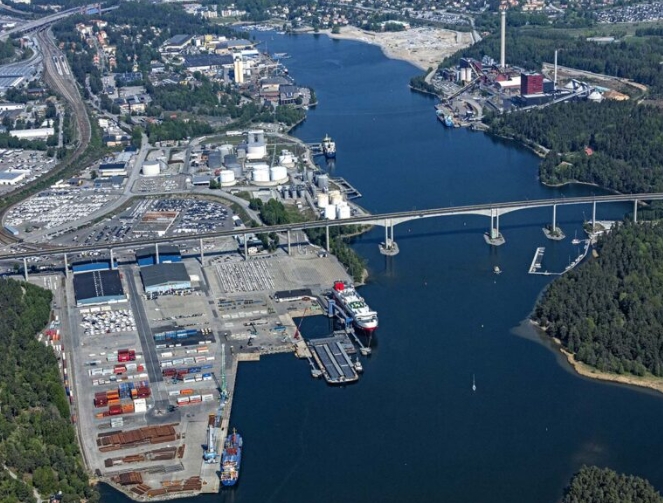
As part of the initial phase, ITS and the Port of Södertälje have begun front-end engineering design (FEED) and the permitting process. The goal is to establish a system that allows for the temporary storage of captured CO₂ from regional emitters, which will then be loaded onto vessels for either long-term storage or future industrial use.
The infrastructure is being planned with a scalable and modular approach to allow phased implementation, depending on how the regional CCUS market evolves over the coming years. The full facility is expected to be completed and operational by 2030.
Johan Zettergren, Managing Director of Inter Terminals Sweden, stated: “This initiative marks an important milestone for Inter Terminals, positioning us as a key enabler in the emerging CO₂-logistics market in Mälardalen. The objective is to offer an open and accessible solution for all regional companies aiming to capture CO₂ and seeking efficient solutions for storage or for reuse.”
Södertälje Port’s CEO, Måns Frostell, added: “This joint initiative further strengthens Södertälje Port’s position as a hub for sustainable freight logistics and the future infrastructure for energy management in the Stockholm region.”
The project aligns with broader regional strategies for carbon management. In a separate but related development, Stockholm Norvik Port was identified as a viable logistics node for CO₂ in the final report of the Norvik Infrastructure CCS East Sweden (NICE) project. The NICE report concluded that establishing such a hub at Stockholm Norvik could help form an efficient and sustainable transport chain for captured CO₂ from several emitters across East Sweden.
Through this initiative, ITS and its partners aim to support the development of a circular and low-carbon economy in the region, enhancing long-term sustainability goals and offering new logistical options for industries seeking to decarbonize operations. The project also complements existing regional infrastructure efforts aimed at transitioning towards greener freight and energy systems.